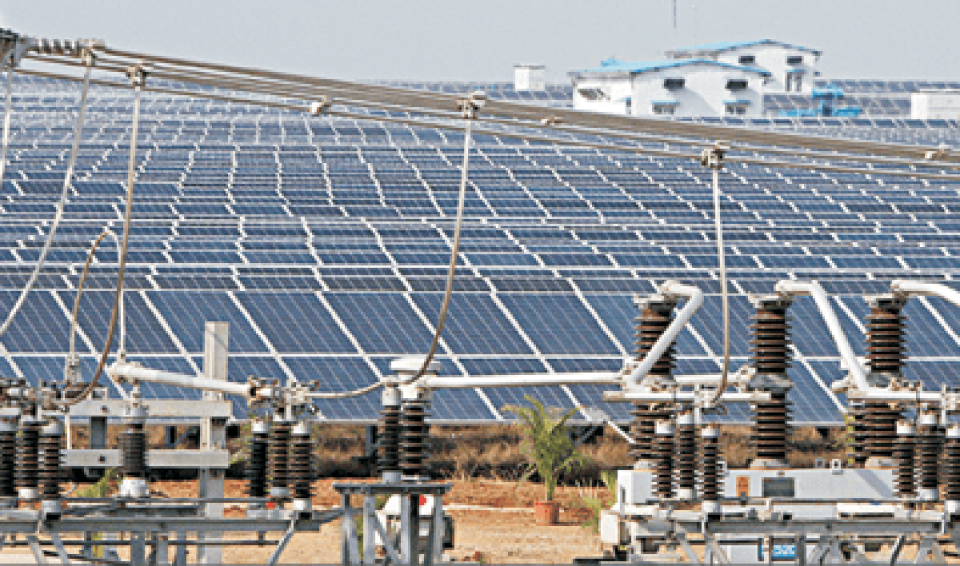Climate scope data shows that the countries have nearly 100 gigawatts (GW) of coal power plant capacity and over 75 GW of coal capacity under construction or planned.
Africa’s clean energy investments will need to increase over 500 percent from $32 billion to meet climate goals by 2030, according to a new report by the International Energy Agency (IEA) and International Finance Corporation (IFC).The report, Scaling Up Private Finance for Clean Energy in Emerging and Developing Economies (EDMEs), showed that annual investment in the public and private sectors needs a 534 percent upscale from the current average annual of $32 billion to $203 billion by 2030.
“Today’s energy world is moving fast, but there is a major risk of many countries around the world being left behind,” said Fatih Birol, executive director of the IEA.
Birol said the investment needs to go well beyond the capacity of public financing alone, making it urgent to rapidly scale up much greater private financing for clean energy projects in emerging and developing economies.
Scaling up energy investments, the report said, offers many advantages and opportunities – including expanded energy access, job creation, growing industries, improved energy security, and a sustainable future for all.
Globally, EMDEs will need to more than triple from $770 billion in 2022 to $2.8 trillion per year by the early 2030s, remaining around these levels until 2050.
If China is excluded, this increase is even steeper, amounting to as much as a seven-fold rise in annual investment from $260 billion to between $1.4 – 1.9 trillion.
This surge in investment provides a powerful opportunity to underpin sustainable economic growth, create jobs, and provide full energy access, the report said.
The cost of achieving universal access to electricity and clean cooking fuels by 2030 (SDG 7) is around $45 billion per year, less than 2 per cent of overall spending on clean energy.
“The battle against climate change will be won in emerging and developing economies where the potential for clean energy is strong, but the level of investments is far below where it should be,” said Makhtar Diop, managing director of IFC.
“To address the pressing energy demands and emissions reduction goals in EMDEs, we need to mobilise private capital at speed and scale and urgently develop more investable projects.
“This report is a call to action and offers a clear roadmap on what is needed to meet both climate and energy goals.”
The bulk of this is needed to expand access to electricity via grid extensions, mini-grids, and stand-alone generation systems.
“Two-thirds of the electricity access investment is required in Africa. Some 60 percent of clean cooking investment in biogases, LPG, electricity, and modern bioenergy via clean cookstoves is needed in Asia.
According to the report, public investments alone would be insufficient to deliver universal access to energy and tackle climate change.
“Increased public funding can be used most effectively in partnership with private sector capital to reduce project risks – a concept known broadly as blended finance.”
According to the report, two-thirds of the finance for clean energy projects in emerging and developing economies (outside China) will need to come from the private sector.
“Today’s $135 billion in annual private financing for clean energy in these economies will need to rise to as much as $1.1 trillion a year within the next decade.


previous post


